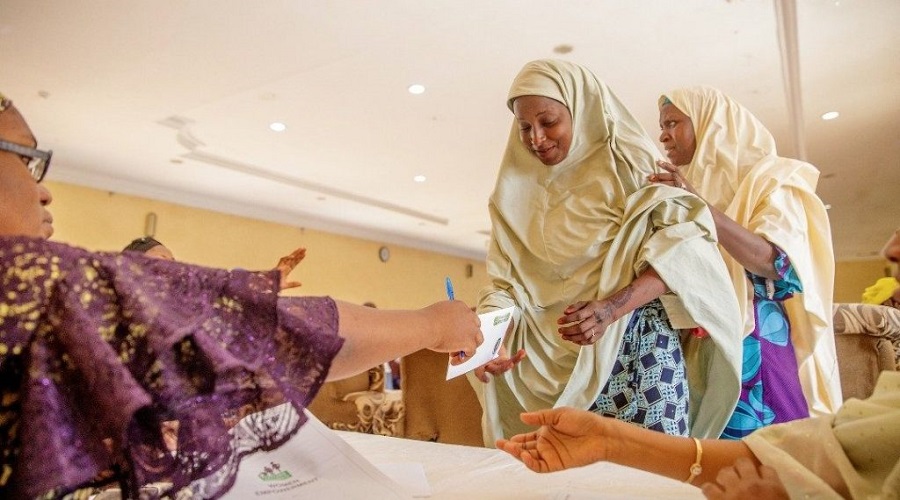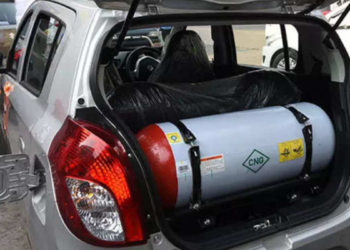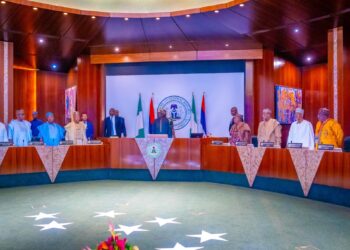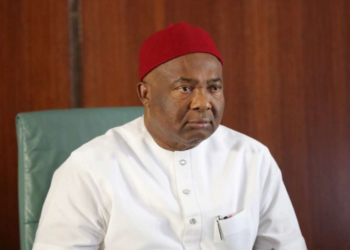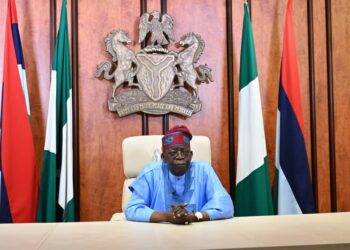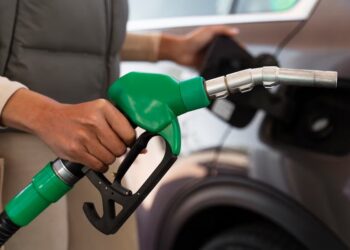The Minister of Finance, Budget and National Planning, Zainab Ahmed, on Wednesday after the FEC meeting spoke more on the proposed N5,000 monthly transportation grant the federal government plans to give poor Nigerians after the removal of fuel subsidy in June 2022.
According to the minister, the allowance would last for a duration of 12 months. The Senate however noted that the 2022 appropriation bill under consideration by the legislature does not make provision for the N5, 000 monthly transportation stipend for 40 million Nigerians.
Former President Goodluck Jonathan attempted to remove subsidies in January 2012, which led to demonstrations and strikes across the country (occupy Naija). Jonathan was subsequently forced to reapply some subsidy (although not the full amount) to assuage Nigerians’ anger. In response to the cries of Nigerians for accountability, on 13 February 2012, Goodluck Ebele Jonathan, set up a Subsidy Reinvestment Programme (SURE-P) to reinvest whatever the federal government will get from subsidy removal into programmes
and activities that will be beneficial to the masses.
However, after a few years of the programme, no meaningful progress was made towards alleviating youth unemployment in Nigeria. Former chairman of the SURE-P, Christopher Kolade, after his resignation noted that he resigned his position in 2013 because the SURE-P operations were becoming tainted with corruption and politics, thereby losing its credibility.
Again, the then Minister of State for Petroleum Resources, Dr. Ibe Kachikwu, had stated that the federal government will begin a gradual withdrawal of the fuel subsidy in 2016. Dr. Kachikwu said the subsidy put at over N1tn (US$2.4bn) in 2015 was no longer sustainable. In 2020, opportunely, a steep decline in global crude prices triggered by the pandemic completely wiped out the subsidy via significantly lower landing costs, paving the way for a reduction in the pump price of petrol in mid-March and paved the way for talks of deregulation once again.
The recovery in global crude-oil prices has once again brought the subsidy conversation to the forefront and the PPRA revised the pump price of petrol higher several times between June and November 2020. So far, in 2021, crude oil prices have continued to rise, implying an increase in the landing cost of PMS. As of September 2021,
the government was reported to have spent about N864 billion in subsidy payment.
The removal of the subsidy is a critical free-market reform, in our view, and we believe it is beneficial to the economy and to government finances, though it will almost certainly put pressure on consumers and small businesses. We, however, believe there remains some political risk in implementing the change. The subsidy on petroleum is widely seen as a form of social security in a country where health and social security provision is non-existent.
Thus, we believe the July 2022 commencement date for the plan might not come to fruition. 2022 is a pre-election year and the government may be forced to retain the subsidy to avoid any clash with the populace. Again, in our view, the plan to provide monthly grant of N5,000 will not in any way provide the needed cushion compared with the expected increase in petrol price. Also, it appears almost impossible to effectively execute the plan given Nigeria’s poor population data and we believe it will go the way of the SURE-Project.
CSL Stockbrokers Limited, Lagos (CSLS) is a wholly owned subsidiary of FCMB Group Plc and is regulated by the Securities and Exchange Commission, Nigeria. CSLS is a member of the Nigerian Stock Exchange.

